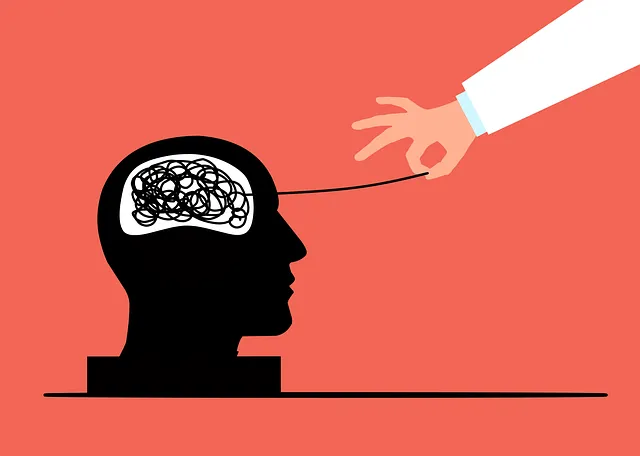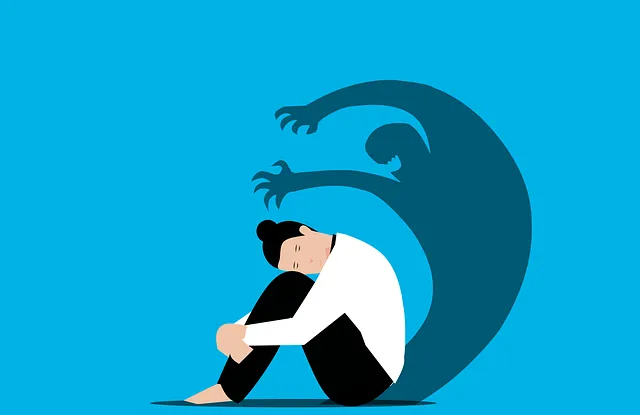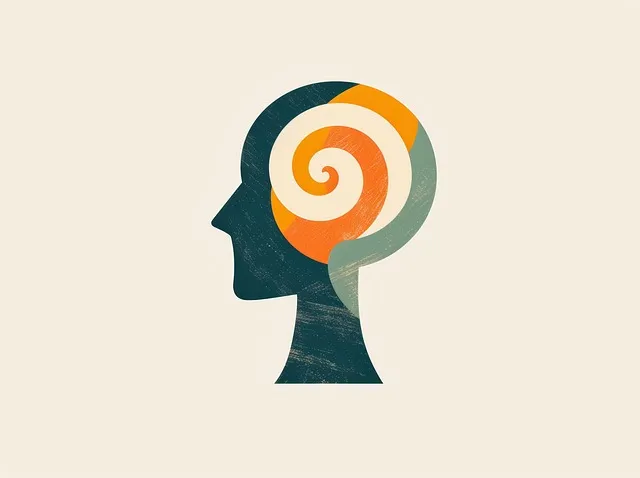Anxiety, a common yet complex emotion, can be managed through understanding triggers and recognizing symptoms like rapid heartbeat. Littleton Kaiser Permanente behavioral health services offer Cognitive Behavioral Therapy (CBT), mindfulness meditation, and relaxation exercises to address stress and negative thought patterns. They promote healthy coping strategies, including exercise, balanced diets, and adequate sleep, alongside building supportive relationships for long-term mental wellness.
Anxiety is a common challenge, but effective management techniques can help you regain control. This guide explores evidence-based strategies backed by Littleton Kaiser Permanente behavioral health services, including understanding anxiety’s triggers and symptoms, the transformative power of Cognitive Behavioral Therapy (CBT), mindfulness practices for mental calmness, and lifestyle changes with supportive systems for sustained wellness.
- Understanding Anxiety: Identifying Triggers and Symptoms
- Cognitive Behavioral Therapy (CBT): A Powerful Tool for Management
- Mindfulness and Relaxation Techniques to Calm the Mind
- Lifestyle Changes and Support Systems for Long-Term Wellness
Understanding Anxiety: Identifying Triggers and Symptoms

Anxiety is a common yet complex emotional state that can significantly impact daily life. Understanding what triggers it and recognizing its symptoms is the first step in managing it effectively, as provided by Littleton Kaiser Permanente behavioral health services. By identifying specific situations or thoughts that initiate anxious feelings, individuals can begin to unravel the intricate web of causes contributing to their anxiety.
Various factors can act as anxiety triggers, such as stress at work or school, financial worries, personal relationships, or even certain environments. Symptoms may include rapid heartbeat, sweating, trembling, difficulty breathing, and a sense of impending doom. Recognizing these signs early enables individuals to employ coping strategies, such as mindfulness meditation or mood management techniques, to foster emotional healing processes and gain better control over their anxiety.
Cognitive Behavioral Therapy (CBT): A Powerful Tool for Management

Cognitive Behavioral Therapy (CBT) is a highly effective anxiety management technique offered by Littleton Kaiser Permanente behavioral health services. It focuses on identifying and modifying negative thought patterns and behaviors that contribute to anxiety. By challenging distorted thinking and replacing it with more realistic, balanced perspectives, CBT empowers individuals to better cope with stressful situations. This evidence-based approach has been shown to be particularly successful in treating various forms of anxiety disorders, including generalized anxiety disorder (GAD) and panic attacks.
Littleton Kaiser Permanente behavioral health services also host Stress Management Workshops for organizations, which can help in preventing depression by teaching valuable coping strategies. These workshops not only cover CBT but also incorporate techniques from mindfulness meditation, relaxation exercises, and risk assessment for mental health professionals to ensure effective stress management. Through these initiatives, the organization aims to create a supportive environment that fosters mental well-being, thereby reducing the prevalence of anxiety and related conditions in both personal and professional settings.
Mindfulness and Relaxation Techniques to Calm the Mind

Mindfulness and relaxation techniques are powerful tools offered by Littleton Kaiser Permanente behavioral health services to manage anxiety. These practices aim to calm the mind and foster emotional well-being, making them valuable coping skills for individuals seeking to enhance their mental wellness. By focusing on the present moment and accepting thoughts and feelings without judgment, mindfulness helps reduce the intensity of anxious thoughts. Simple breathing exercises, for instance, can quickly center an individual and promote relaxation.
In conjunction with these practices, keeping a Mental Wellness Journaling Exercise Guidance can be beneficial. Writing down thoughts and experiences allows for better understanding of triggers and patterns related to anxiety. This process facilitates the development of Coping Skills Development tailored to personal needs. Incorporating such techniques into daily routines can significantly contribute to overall emotional well-being promotion.
Lifestyle Changes and Support Systems for Long-Term Wellness

Adopting a healthy lifestyle is an integral part of long-term anxiety management and mental wellness. At Littleton Kaiser Permanente behavioral health services, professionals emphasize that consistent self-care practices can significantly reduce anxiety symptoms. This includes regular physical exercise, which releases endorphins known to boost mood management and alleviate stress. A balanced diet and adequate sleep are equally crucial; these foundational aspects of well-being directly impact emotional stability.
Building a strong support system is another key strategy for managing anxiety over the long haul. Connecting with loved ones, joining support groups, or seeking therapy can all foster a sense of belonging and provide valuable tools for self-awareness exercises. These connections offer different perspectives, encouragement, and coping strategies to enhance one’s mental wellness journey.
Anxiety management is a journey unique to each individual, and with the right tools, it can be effectively navigated. By understanding anxiety’s triggers and symptoms, one can empower themselves through evidence-based methods like Cognitive Behavioral Therapy (CBT), mindfulness practices, and lifestyle modifications. Littleton Kaiser Permanente behavioral health services offer comprehensive resources, ensuring individuals have access to support systems and strategies for long-term wellness. Remember, managing anxiety is a proactive step towards a healthier, more balanced life.






